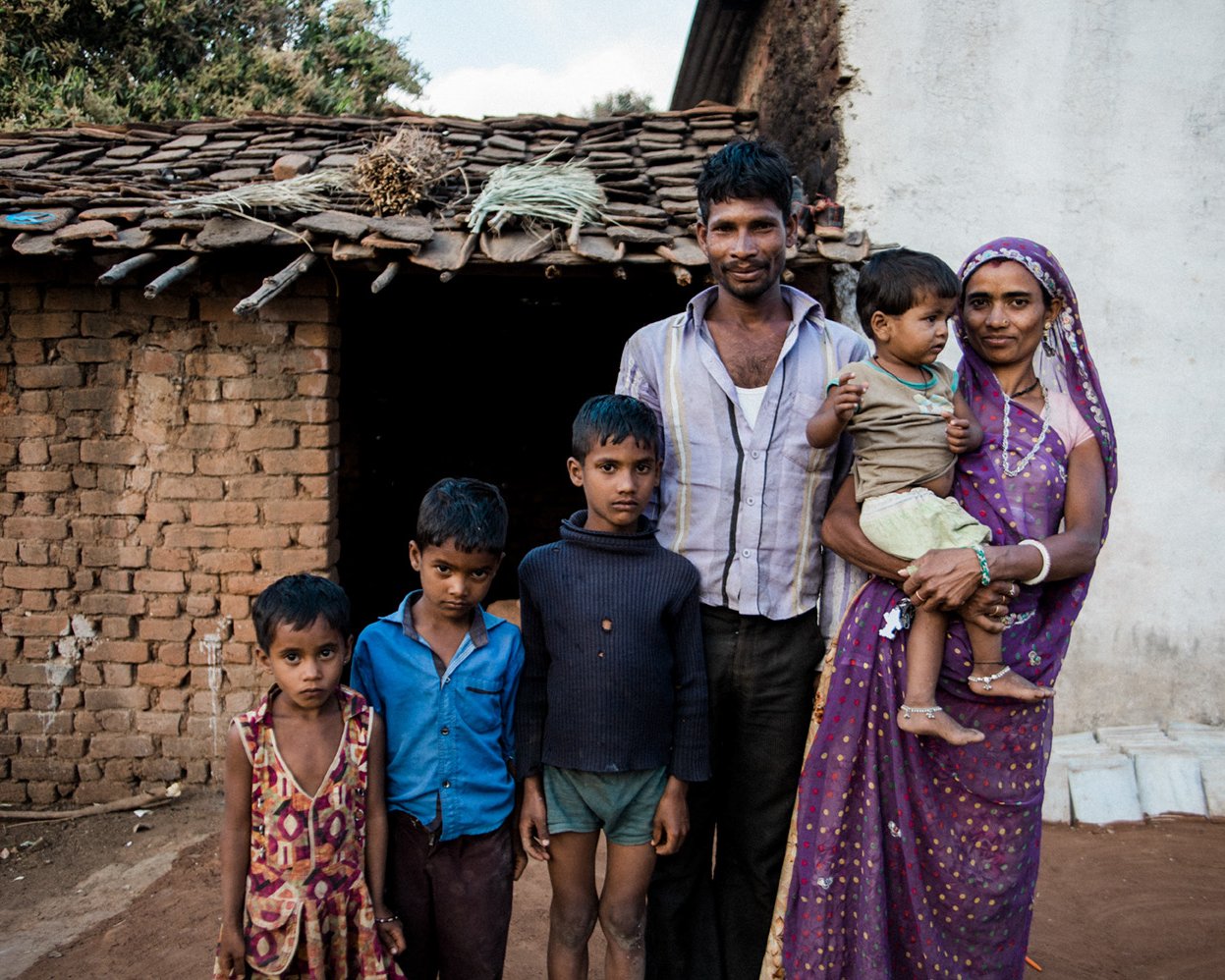When Shyam Sundar Bhatt Started…
Shrushti Seva Samiti in 1994, he knew creating more accessible education for women living in rural Rajasthan, India would be a massive undertaking, but as a former teacher, writer, headmaster, and NGO director, nobody had a better vision for success.
Despite being the 7th largest state in population, Rajasthan has the lowest female literacy rate in India: a mere 52%. In the rural areas of the state, one can place the blame of a low literacy rate on the diversity of dialect spoken in the region but polls suggests that as enrollment in public school declines, children who can read at least some words in Hindi declined from 80% in 2010 to 56% in 2014.
Enter Shrushti and their comprehensive approach to education. While literacy is at the core of their program, education doesn’t end with reading and writing. Sustainable farming practices, adult education classes, and early childhood development is available at over one hundred education centers across rural Rajasthan, areas where educational resources would otherwise be unavailable.
Shrushti’s latest project is it’s most radical yet, using a simple process manufacturing a low-cost, biodegradable sanitary napkin. As part of their educational push, Shrushti ventures into rural communities around Rajasthan to educate local women on the benefits of using sanitary pads in an effort to break the stigma surrounding menstruation. In addition to improving public hygiene, Shrushti employs an all-female staff at each of it’s three manufacturing centers. Female employment is still taboo in rural Rajasthan however, these women bring in a much needed income to their families and communities.
Aside from Hindi, there are more than 18 major dialects spoken throughout Rajasthan. In most rural communities, these are the only language spoken, making it difficult for community members to complete government paperwork, which is often only available in Hindi. By offering adult language classes, Shrushti gives elderly residents the opportunity to collect pensions, find better employment opportunities, and complete any necessary legal paperwork.
Education takes on so many different forms, and while the effects of Shrushti’s work was hard to measure in a mere two weeks, I was able to see a sample size of the effect of their work. Accompanying Shrushti as they went into the community and taught about menstruation, sustainable farming techniques, early childhood development, and how to read/write showed how effective their work was at the grassroots level. Often times large NGOs can feel disconnected from the people they’re there to help, but with Shrushti, delivering effective women’s education in all it’s various forms was vital to the success and future of their mission.
![Alexander Cave [dot] com](http://images.squarespace-cdn.com/content/v1/635c6cf799a6ce163eb3b23f/f0616c43-c80f-4482-a25e-797ea914f913/logo03.png?format=1500w)

























